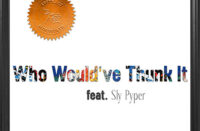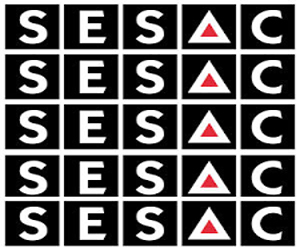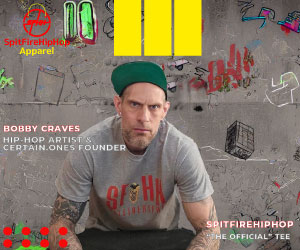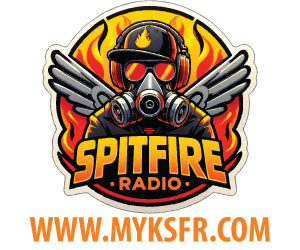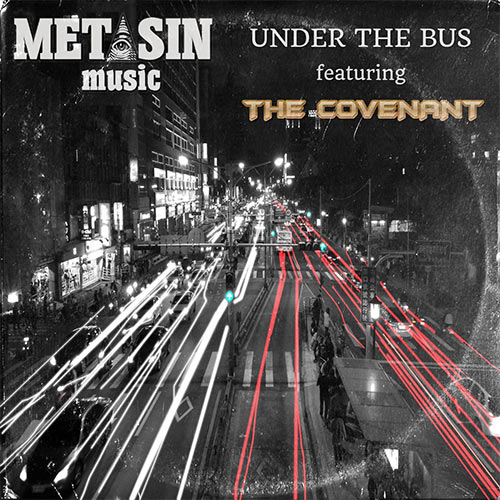
“Under the Bus,” the latest hard-hitting Hip-Hop single from Metasin Music featuring The Covenant, delivers a raw and emotionally charged narrative about betrayal, struggle, and triumph. The track paints an unfiltered picture of someone tossed aside—abandoned by those closest to them—only to find the will to rise, rebuild, and reclaim purpose. This anthem of personal rebirth and empowerment resonates deeply in an era where hardship often overshadows hope.
The lyrical content of “Under the Bus” is soaked in realism. It touches on the bleak reality many face—broken trust, substance abuse, and hopeless cycles. From the outset, the listener is dropped into a dark space. The main character finds themselves surrounded by the usual suspects—the kind of individuals who waste their nights at the bottom of a bottle, spiraling into oblivion with no vision for a better future. These aren’t just characters; they’re representations of a reality that countless people know too well.
The verses unfold like chapters in a gritty memoir. The song walks us through emotional betrayal, the feeling of being cast aside when most vulnerable, and the mental toll that follows. But the true brilliance lies in the transition from pain to power. This isn’t just a story of being thrown under the bus—it’s a testimony about getting back up, turning inward for strength, and pushing through when no one else believes in you.
Many listeners will relate to the raw honesty in the track’s lyrics. The track plays like an emotional confession—a cry for help that transforms into a battle cry. This is a soundtrack for anyone who has ever stared into the abyss and chosen to fight their way back from it.
What sets “Under the Bus” apart from other Hip-Hop tracks with similar themes is its focus on transformation. This isn’t glorification of pain—it’s a detailed portrayal of what it means to confront the truth, cut toxic ties, and build a foundation from the ashes. The chorus, with its haunting yet hopeful tone, reinforces that sometimes, betrayal can be the catalyst for freedom.
The sonic backdrop of “Under the Bus” is a masterclass in moody, layered production. The instrumental is gritty and emotionally textured—subtle enough not to overpower the verses, yet heavy enough to complement the emotional weight of the story. Every beat, bassline, and echo serves a purpose.
We hear ghostly piano chords, dusty snares, and an underlying sense of tension that lingers from start to finish. The production doesn’t aim to distract—it paints the walls of the story, setting the tone for the lyrical content to breathe and hit hard. It feels cinematic in scope, almost like a score for a modern-day redemption film.
The strength of “Under the Bus” lies in its relatability. The concept of betrayal—especially by those you once trusted most—cuts deep. The emotional aftermath, from self-doubt to rage, despair to acceptance, is a universal human experience. The song manages to turn this emotional chaos into a message of resilience.
It challenges listeners to reflect: Have you ever been thrown under the bus? That question isn’t just rhetorical—it’s an invitation to pause and process. In a time when mental health struggles, substance abuse, and interpersonal betrayal are all too common, this track offers a rare combination of raw expression and motivating resolve.
Hip-Hop has always been about telling the untold stories, and this song fits that tradition perfectly. “Under the Bus” doesn’t rely on flashy hooks or commercial gimmicks—it’s grounded in substance. The message is simple: sometimes getting thrown under the bus is what you need to finally move forward.
Whether you’re a survivor of a toxic relationship, an artist facing industry rejection, or just someone who’s had friends turn their back during your darkest moments—this track speaks directly to you. It echoes that pain and flips it into a symbol of self-reclamation.
What Metasin Music and The Covenant have created with “Under the Bus” isn’t just a song—it’s a movement disguised as a track. It urges us to recognize that redemption is possible, even in the face of betrayal. It reminds us that setbacks can be setups for comebacks.
The track’s brilliance lies in its brutal honesty, its refusal to sugarcoat the struggle, and its unwavering belief that people can change—even when their world collapses. With lyrical depth, gripping production, and a universally powerful message, this single is bound to resonate with a wide audience.
In the end, being thrown under the bus may not be the end—it could be the wake-up call that starts a journey toward something greater.




